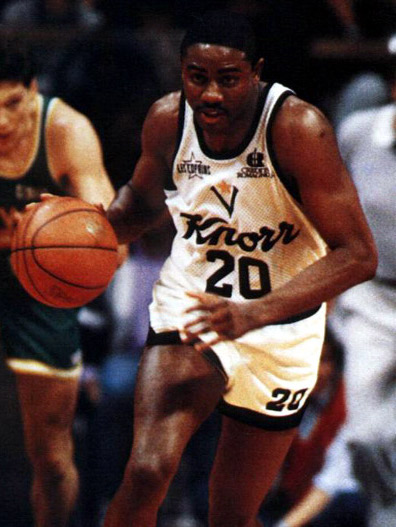
Few careers in basketball history have swung between brilliance and heartbreak as sharply as that of Michael Ray Richardson. Nicknamed “Sugar” for his smooth style, he was a four-time NBA All-Star, a defensive menace, and a player who could take over games on both ends of the floor. Yet in 1986, he became the first active player to receive a lifetime ban from the NBA for repeated violations of the league’s drug policy-a punishment he later said saved his life.
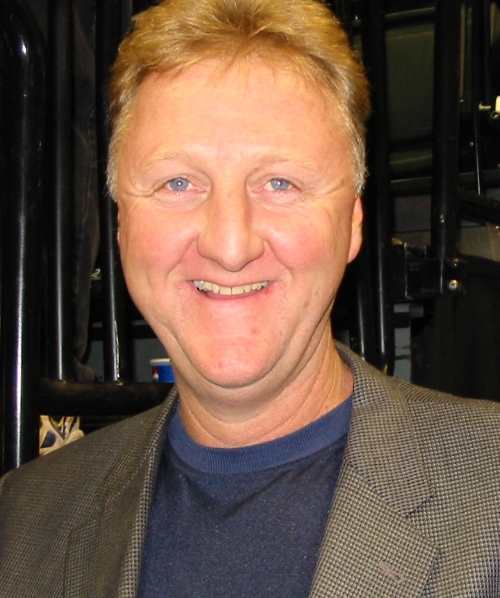
1. A Star Is Born in New York
He was the fourth overall pick in 1978, two spots ahead of Larry Bird, and Richardson arrived from the University of Montana with raw talent and a penchant for disrupting passing lanes. By his second season, he was averaging 15.3 points, 10.1 assists and 3.2 steals per game, leading the league in the latter two. “He is the player who gave me the most problems playing against him,” Hall of Famer Isiah Thomas remembered. “He was taller, just as fast and could shoot from 3 and midrange. His post-up game was elite.”
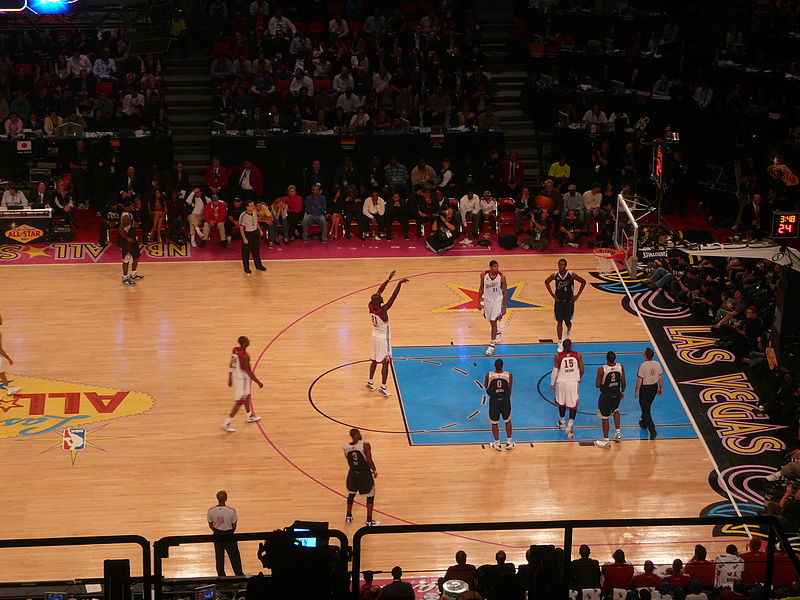
Defensive Dominance and All-Star Glory
Quick hands and relentless energy earned Richardson two All-Defensive First Team selections in 1980 and 1981. He led the league in steals three times and was the assists leader in 1980. He could guard multiple positions because of his versatility, and his fearlessness was the stuff of legend. Former teammate Otis Birdsong remembered, “He never really feared any opponent On the court, fearless, competitive, feisty, mean, nasty. Not mean and nasty in a bad way, just in a competitive way.”

3. The 1985 Comeback
After taking most of the 1983–84 season to attend drug rehab, Richardson returned for the 1985 season with a career-high 20.1 points along with 8.2 assists and 3.0 steals. He earned NBA Comeback Player of the Year honors starting all 82 games and leading the Nets to the playoffs. His performance in an upset over the defending champion Philadelphia 76ers sealed his position as one of the league’s most dangerous guards.
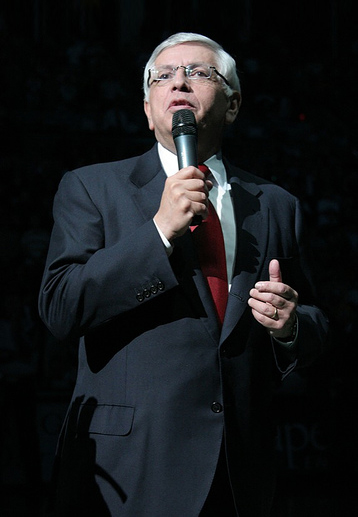
4. Lifetime Ban
In February 1986, NBA Commissioner David Stern banned Richardson for life after a third violation of the league’s drug policy. The decision had stunned fans and teammates. “I’m stunned. Beyond shocked. You’re numb. He’s kicked out of the league?” said Birdsong. To this day, Richardson refers to it as “my darkest day,” remembering how an NBA official met him at the Newark airport to break the news. “I got myself into it. I have to get myself out,” he has since admitted.
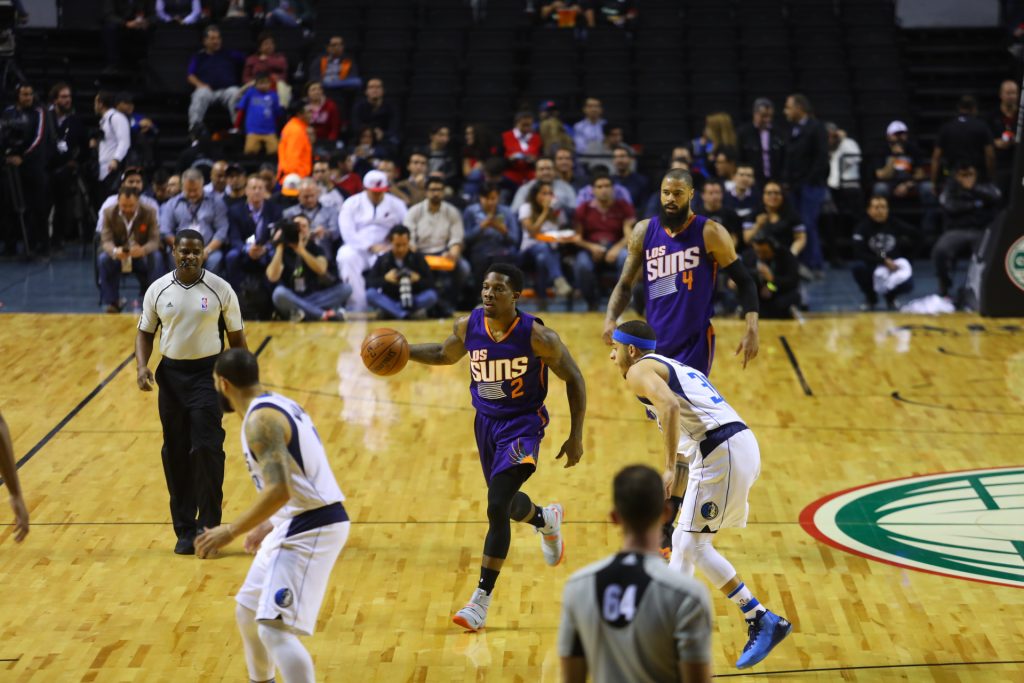
5. Racial Double Standards and the NBA’s Drug Era
Richardson argued that the league had a racial double standard in regard to substance issues, handing white players lighter sentences. His case fell within a time when, according to historian Theresa Runstedtler, media stories framed Black players as undisciplined and ungrateful in order to call for harsher judgments and penalties in the context of the NBA cocaine panic.

6. Choosing Europe over reinstatement
Able to rejoin the league in 1988, Richardson instead inked a deal with Virtus Bologna of Italy. “Playing overseas was a lot better for me because I was only playing one game a week,” he said. His European career spanned Italy, France, Croatia, and Israel, yielding seven All-Star appearances, a FIBA European Winners’ Cup title, and multiple domestic championships. He played until age 46, avoiding the grind of the NBA’s schedule.
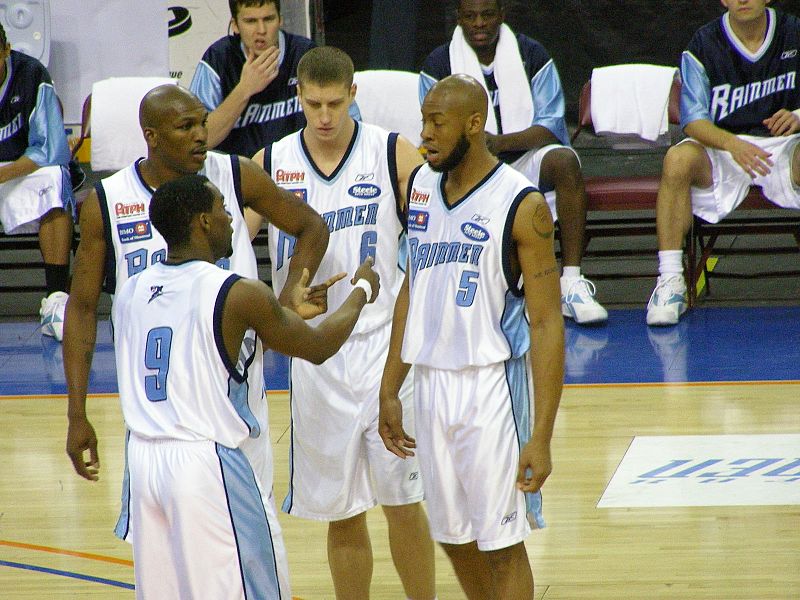
7. Coaching Success in North America
Richardson retired in 2002 and later coached in the Continental Basketball Association, leading the Lawton-Fort Sill Cavalry to three straight championships from 2008-2010. He has coached the London Lightning of Canada’s NBL and has conducted basketball camps for at-risk kids, with Birdsong as a partner in the endeavor. Along the way, Stern aided him in landing a job as community ambassador with the Denver Nuggets.

8. Redemption and Contemplation
How Richardson sought to reclaim his story was through his memoir, Banned How I Squandered an All-Star NBA Career Before Finding My Redemption. “I wanted people to hear it from me What I hope [readers] gain from it is knowing that there is always a dark side and always an end of the tunnel. Only you can change it.” He says Stern’s ban saved his life. “Sometimes, something drastic happens and it wakes you up.”
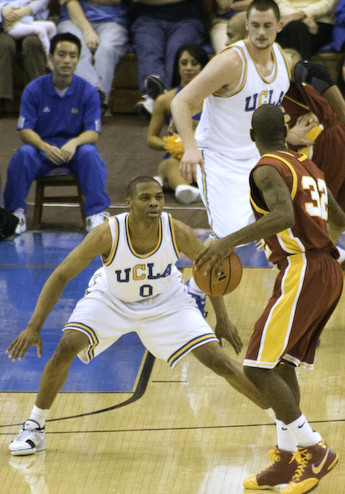
9. Legacy of a Complex Career
The road for Richardson is reminiscent of the path followed by other NBA players who found success overseas, such as O.J. Mayo and Anthony Bennett, in terms of showing the heights talent can reach beyond those borders. His story has remained a touchstone in discussions about player discipline, racial inequities, and the human cost of public scandal. Friend John Zelbst summed it up succinctly “He overcame the most incredible odds to accomplish what he did in life Incredible player player, person and family man.”
Even into his later years, Richardson was a staple at Oklahoma City Thunder games, content with the slower pace of Lawton, Oklahoma. Approaching 70, he called it “a blessing to be alive” after losing so many friends over the decades. His life stands as both cautionary tale and testament to resilience a reminder to fans that the measure of a career isn’t just about the peaks but about how one rises after the fall.


